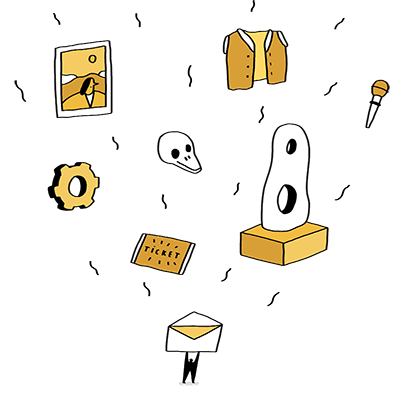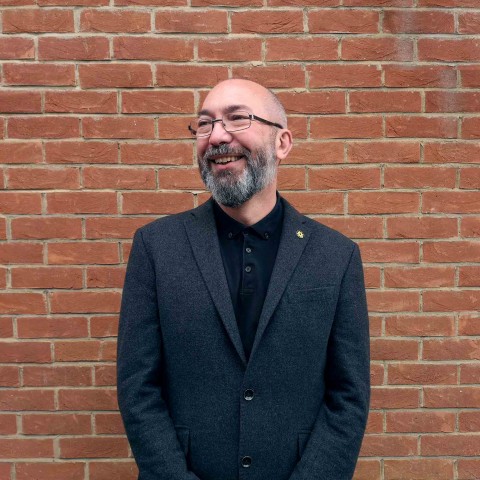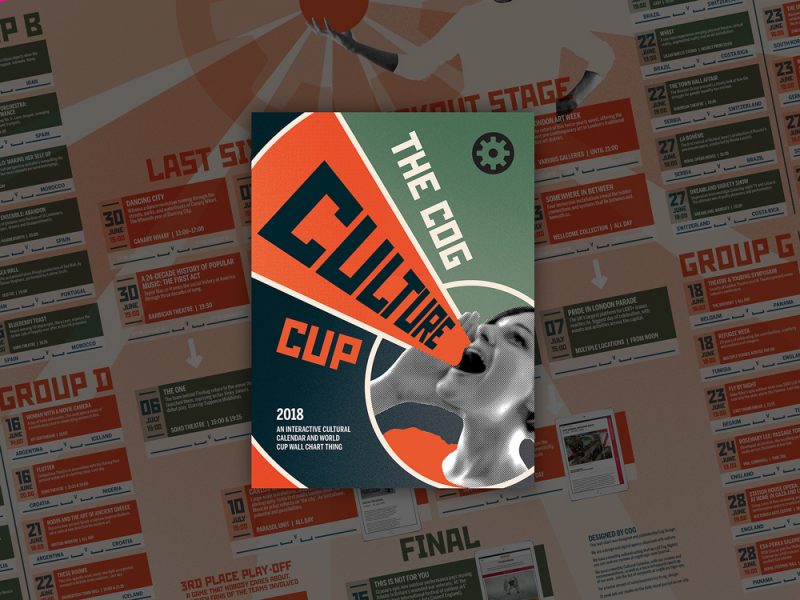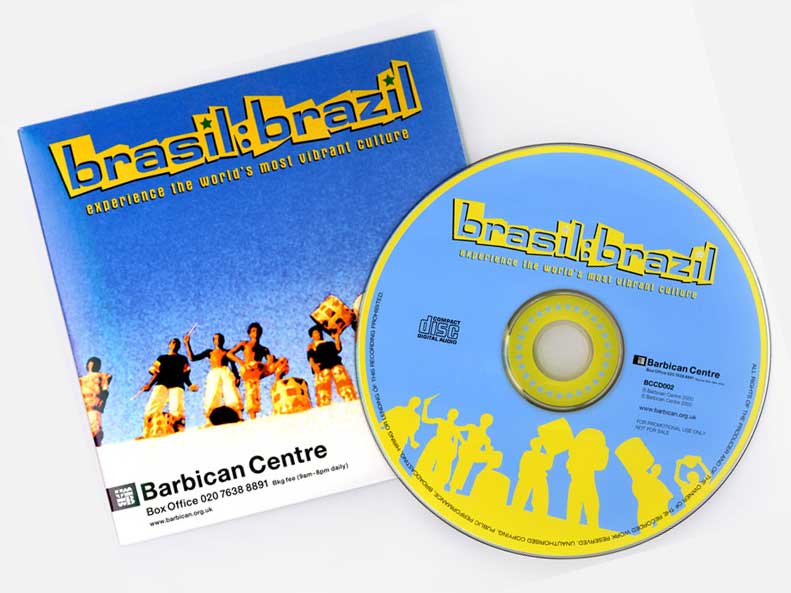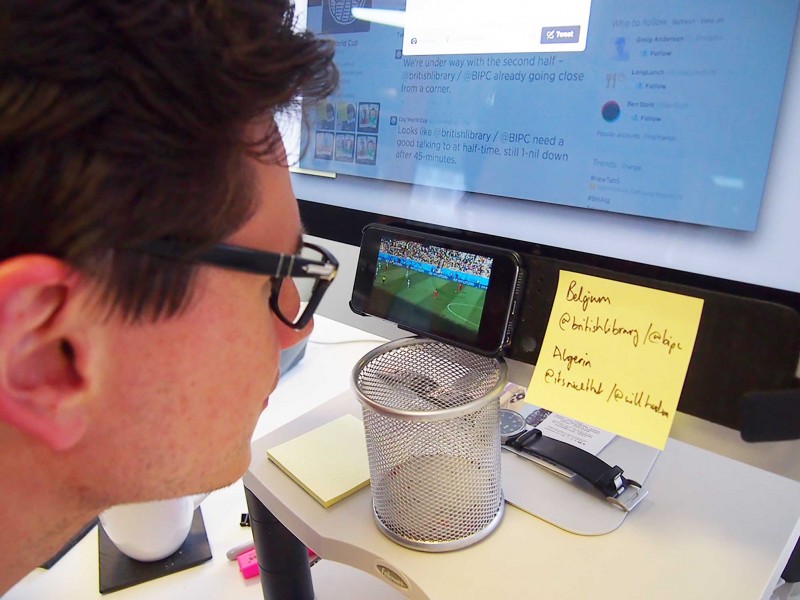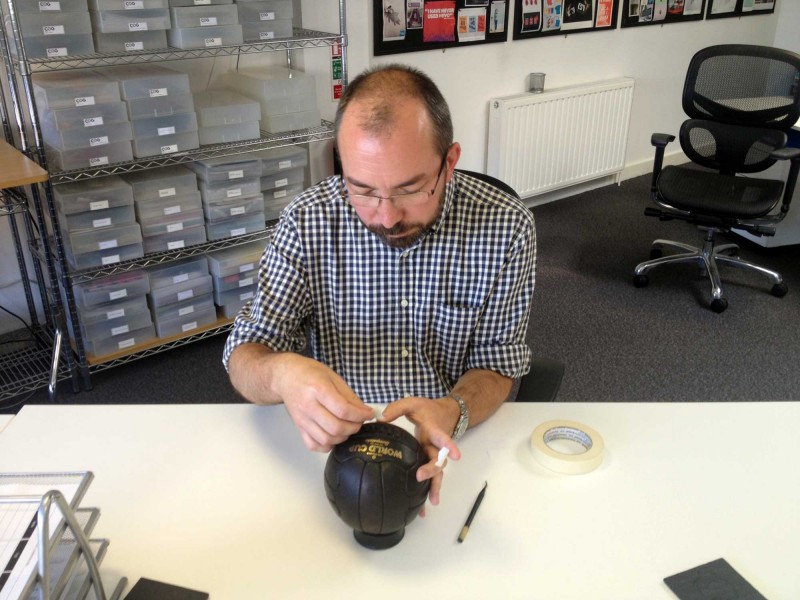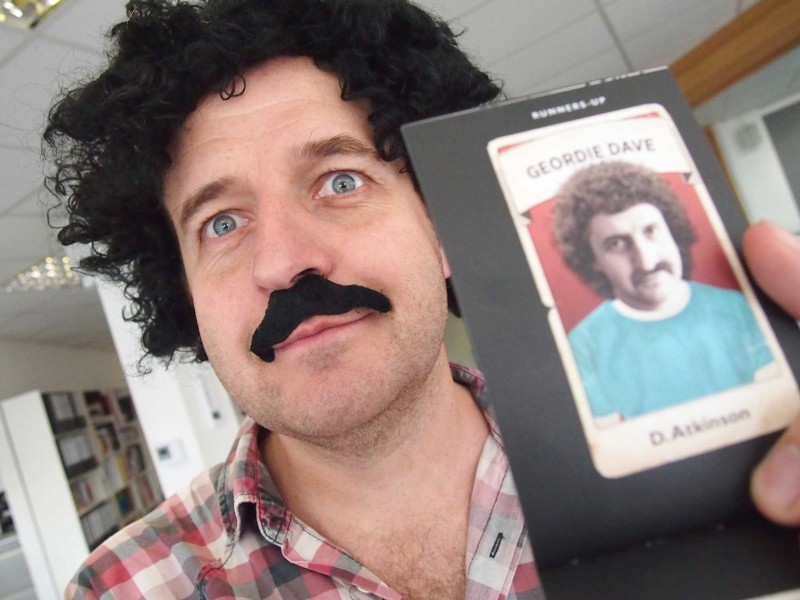We are as sick as a parrot not to be celebrating the beautiful game this time round but we can’t condone the Qatar cup. Michael tells us why.
Why we won’t be celebrating the Qatar World Cup
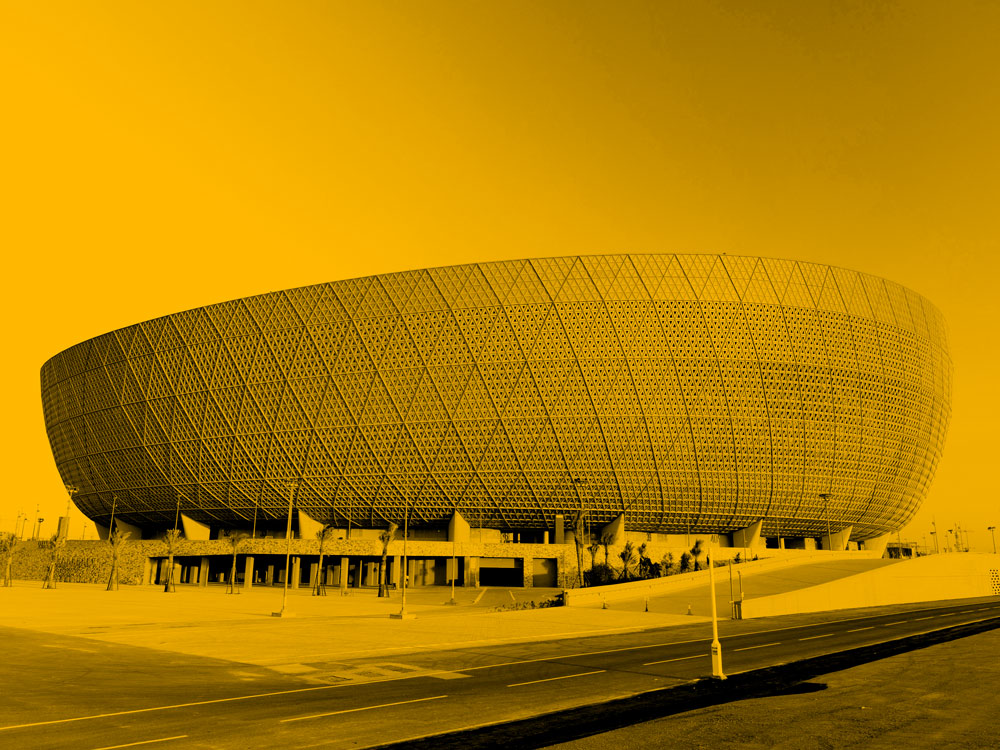
We’re not the most sporting of companies; you’ll usually find us in the stalls rather than on the terraces. But we do (usually) love the spectacle of the World Cup.
We’ve been running sweepstakes with our clients, and producing promotional tie-ins since Germany 2006 (we’ve included some examples below).
We know that the arguments around separating sports and politics can be as heated as the debates around separating art and artists.
How do we now feel about the 2018 Russian tournament? Did we cheer along during the Beijing Olympics, despite their treatment of Uighur Muslims?
Should we still watch Kevin Spacey films, laugh at Dave Chappelle, read J K Rowling? Is it time to cancel Gaugin exhibitions? As designers, should we still use typefaces designed by Eric Gill?
We know it’s complex but holding the World Cup in Qatar is the straw that broke the camel’s back for us.
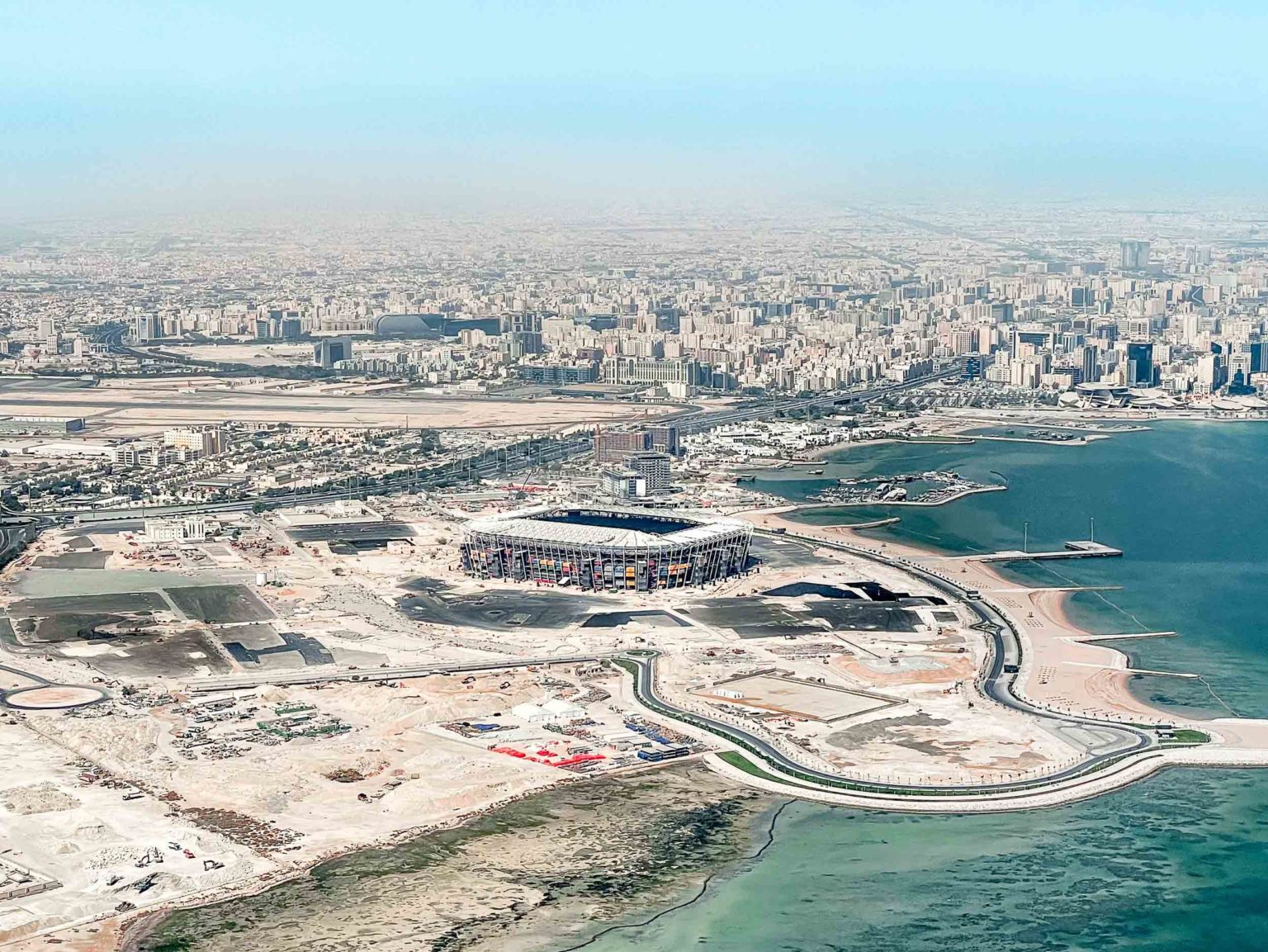 Ras Abu Aboud stadium in Doha. Photo: Ben Koorengevel via Unsplash
Ras Abu Aboud stadium in Doha. Photo: Ben Koorengevel via Unsplash
Green washing
Using high-profile events to promote your sustainable credentials, whilst polluting the planet, is nothing new. And all international tournaments are inherently catastrophic for the environment – the 150 additional international flights each day gives some perspective on the scale of the event.
But the Qatar World Cup seems like an exemplar of this awful practice.
We’re not sure anyone believed Qatar’s promises of being “the first carbon neutral World Cup” but they are still perpetuating that line. And many people would rather bury their head in the Doha sands than face the reality.
Qatar is already the world’s largest producer of liquefied natural gas and the world’s highest producer of CO2 emissions per capita.
Despite moving the tournament from June to December, they are literally having to air-condition each of their (admittedly beautiful) specially constructed stadiums because the environment is too inhospitable to play football. And scientists say that the air-con is just one of many unsustainable practices.
“This promise of carbon neutrality is absolutely not credible,” said Gilles Dufrasne, lead author of the Carbon Market Watch report published in May 2022 examining Qatar’s claims.

Photo: Leon Liu via unsplash
As another example… hundreds of tonnes of grass seed had to be flown in air-conditioned planes from America. And all of that grass has to be grown in desalinated water. Each of the eight, newly built stadiums require 10,000 litres of desalinated water per day during the winter (and will need 50,000 litres in summer) according to a Reuters survey.
This is a blatant example of greenwashing
Worker exploitation
We have seen and heard horrendous stories about the treatment of migrant workers when building the stadiums and tournament infrastructure in the intolerable heat of the desert state.
There’s an excellent in depth article about what they dub ‘the World Cup of Shame’ on the Amnesty website.
The World Cup is organised by football’s world governing body, FIFA (the Federation Internationale de Football Association) who have ultimate responsibility for the tournament.
In their downloadable guide to human rights in Qatar, being issued to reporters at the events, Human Rights Watch say: “Despite repeated warnings from the workers themselves and civil society groups, FIFA failed to impose strong conditions to protect workers and became a complacent enabler to the widespread abuse workers suffered, including illegal recruitment fees, wage theft, injuries, and deaths”
“The World Cup draws immense international media and fan attention, but the tournament’s dark side is overshadowing football,” said Minky Worden, director of global initiatives at Human Rights Watch. “The 2022 World Cup’s legacy will depend on whether Qatar remedies with FIFA the deaths and other abuses of migrant workers who built the tournament, carries out recent labor reforms, and protects human rights for all in Qatar – not just for visiting fans and footballers.”
In recent interviews, we’ve heard FIFA President, Sepp Blatter seemingly trying to distance himself. He has said that awarding the tournament to Qatar was ‘a mistake’, although he goes on to qualify the mistake as being about the size of the country.
As far back as 2015, FIFA were being heavily criticised and warned about the potential for human rights violations. They vowed to include human rights as a criteria for future hosting decisions but admitted (and have recently reiterated) that this hadn’t been a consideration this time around.
"It was a bad choice. And I was responsible for that as president at the time"
Women’s rights and LGBTQ rights
Qatari law imposes what have been described as ‘discriminatory male guardianship rules, which deny women the right to make key decisions about their lives’.
Women in Qatar must obtain permission from their male guardians to marry, study abroad on government scholarships, work in many government jobs, travel abroad until certain ages, and receive certain reproductive health care.
Sex outside marriage is an imprisonable offence for everyone. And, under Sharia law, Muslim’s can additionally be sentenced to floggings or stoning. Women have been disproportionately prosecuted because their pregnancy serves as evidence of the ‘crime’. Reporting rape can also be viewed as a confession to that ‘crime’.
Women are also required to show a marriage certificate to access checks for sexually transmitted infections and post-exposure prophylaxis for HIV, and lack access to emergency contraception.
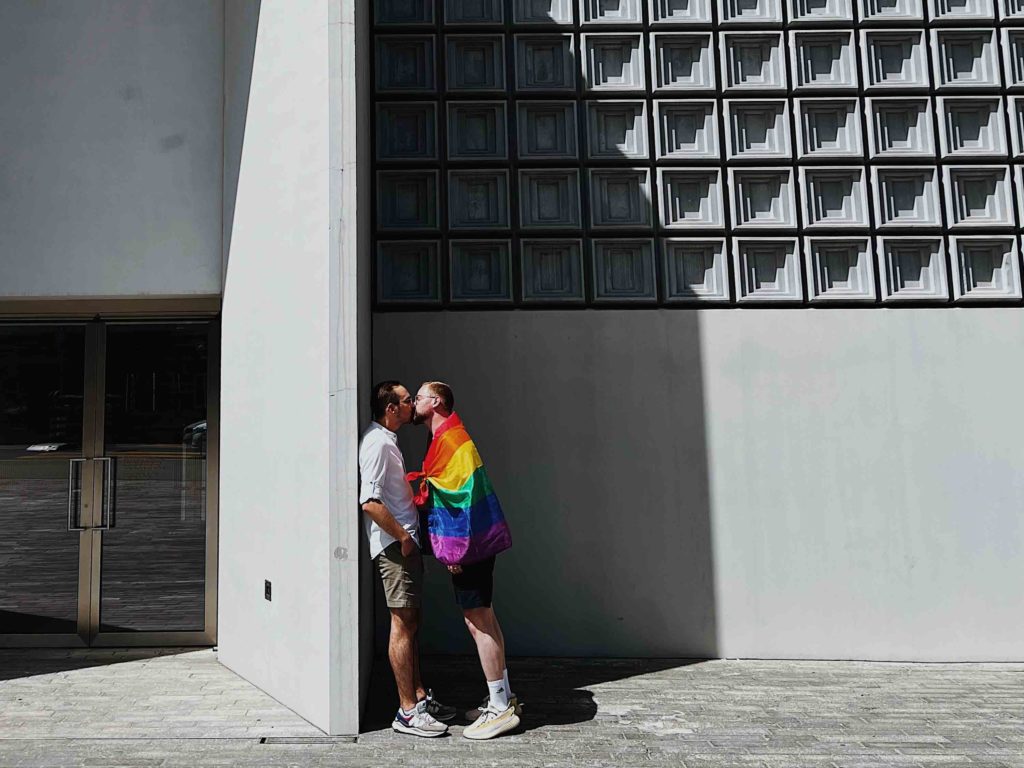
Photo: Ilia Bronskiy, via unsplash
Let’s not forget that it took the UK a long time to wake up to the rights of LGBTQ people. Within the first decade of Cog’s history, under Section 28, it was illegal for local authorities to “intentionally promote homosexuality” or to “promote the teaching… of homosexuality as a pretended family relationship”. This was still in force until 2003 in England and Wales (2000 in Scotland).
However, Qatar’s laws are in a different league.
In addition to any gay sex being illegal (because it is necessarily outside of marriage, in Qatar), any male who “instigates” or “entices” another male to “commit an act of sodomy or immorality” can be jailed for three years.
Human Rights Watch has published research that Qatari authorities subjected homosexual detainees to ill-treatment, including severe beatings and sexual harassment. As a requirement for their release, security forces mandated that transgender women detainees attend conversion therapy sessions at a government-sponsored “behavioural healthcare” centre.
In November 2022, in an interview filmed in Doha, former Qatari international, and World Cup Ambassador, Khalid Salman addressed the issue of homosexuality:”They have to accept our rules here,” Salman said, “(Homosexuality) is haram…I am not a strict Muslim but why is it haram? Because it is damage in the mind.”
We just cannot bring ourselves to celebrate a tournament where issues like these are not being actively addressed by our politicians or the bodies that control the billion of dollars of sponsorship and broadcasting rights.
Looking back on (slightly) simpler times….

Artists, Paul St George talking to Michael at Cog’s World Cup party.
South Africa 2010
We went all-out for the ‘Vuvuzela’ tournament in South Africa in 2010. We created a (sadly defunct) microsite and Panini-style stickers, we even hosted a party in our newly opened Greenwich studio, where we awarded the prizes.
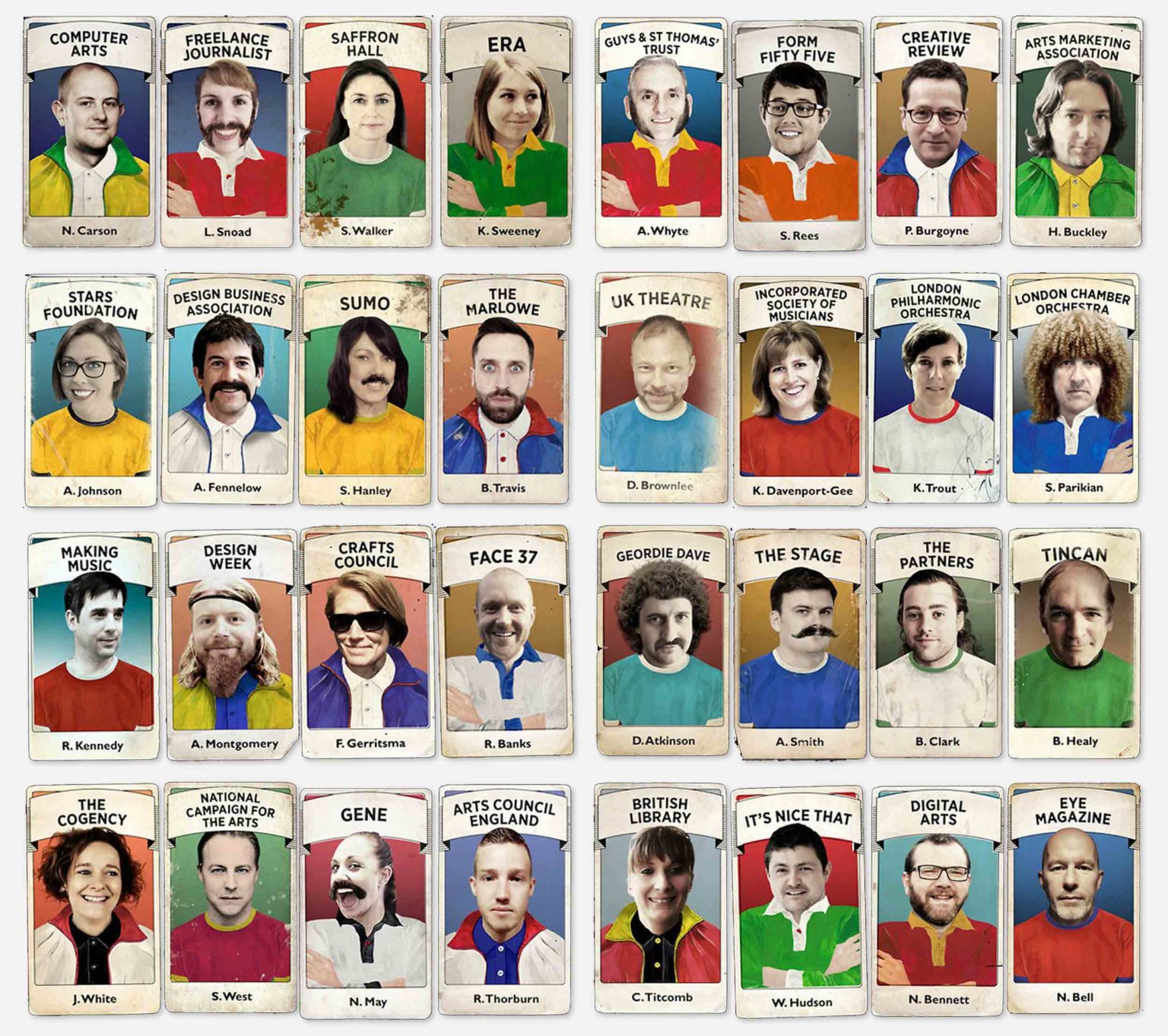
Brazil 2014
In 2014 we picked up the spirit of adventure with a retro-theme that matched clients to countries. We live-tweeted every match to announce when a player from National Campaign for the Arts bit the shoulder of a player from London Contemporary Orchestra.
We added a bit of a write-up about our 2014 World Cup celebration and some behind-the scenes images, elsewhere in our journal.
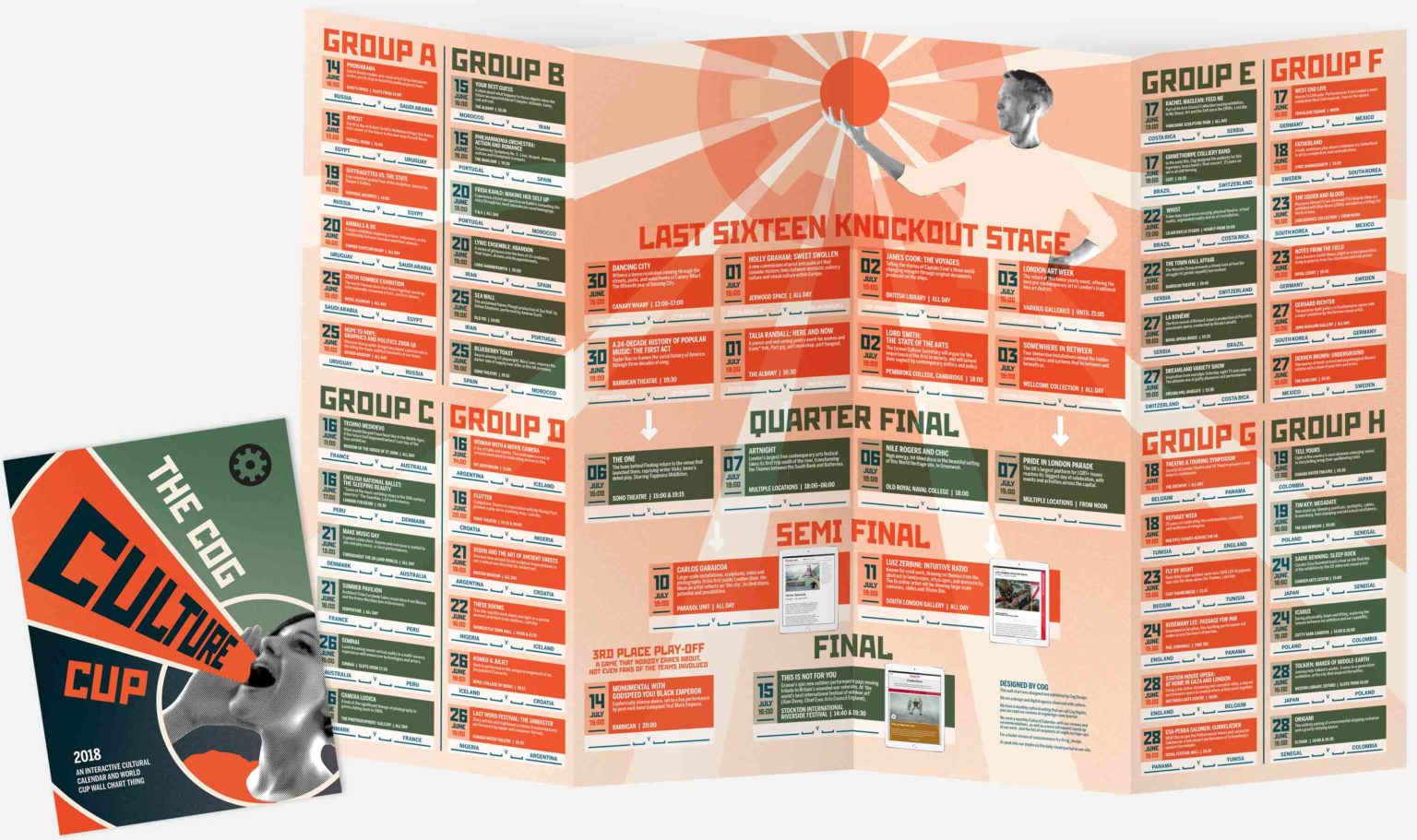
Russia 2018
By Russia’s tournament in 2018 we adopted a constructivist aesthetic for the #CogCultureCup. We sent out hundreds of wall charts, detailing arts events to attend whilst each match was on. People could play along or go along to a play. It was an absolute game-changer. Read more about our 2018 World Cup wall-chart elsewhere in our journal.
